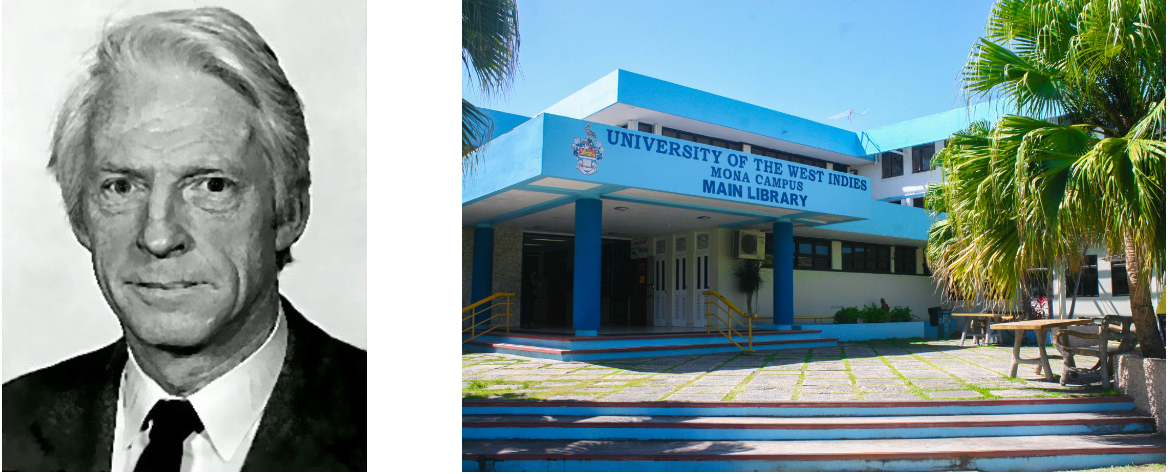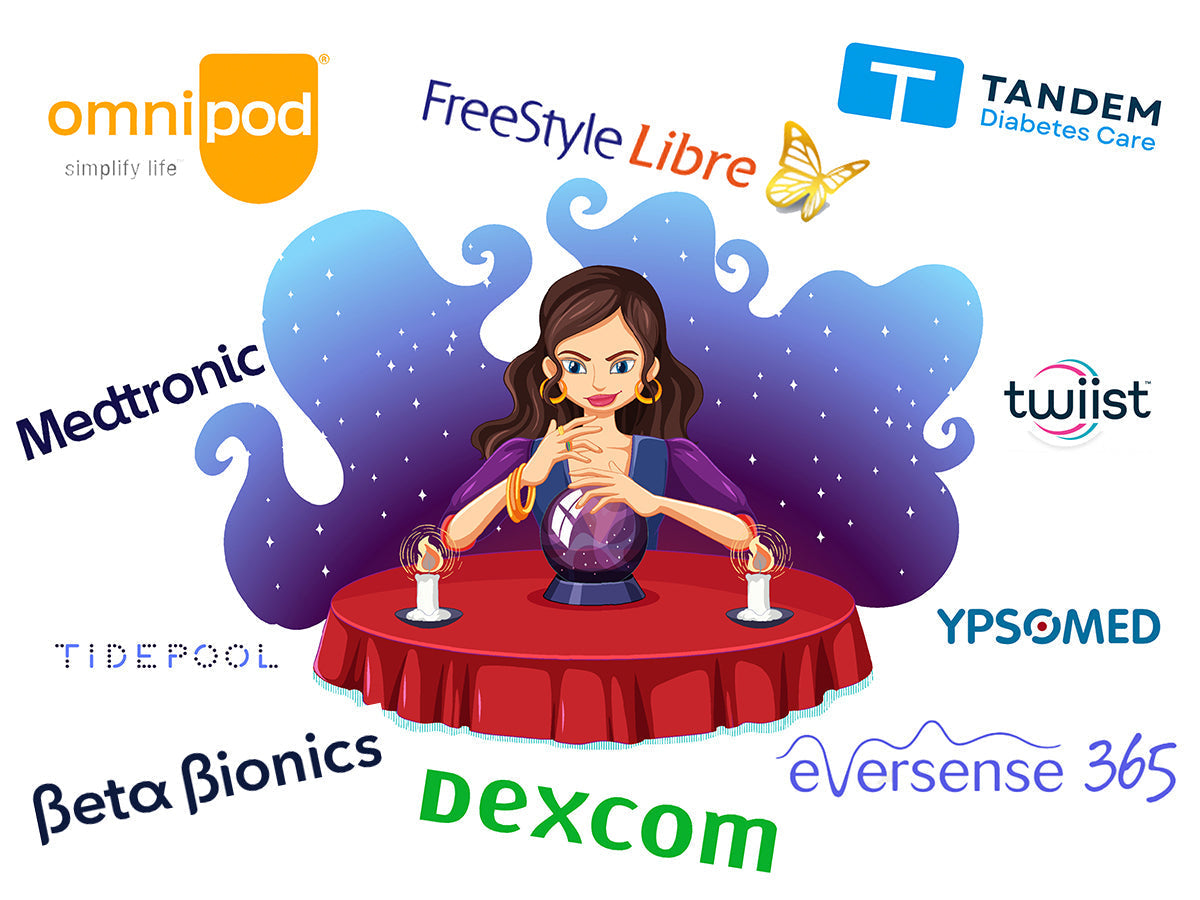
| Blogs and publications on this website are independent of any involvement by medtech companies or diabetes related charities. To ensure there is no bias, we do not accept any products, freebies or other material from any medtech provider. All materials are copyright©️Love My Libre Ltd. |
***
Looking for information about travelling wearing a CGM?
Read our updated blog: Can a CGM go through an airport security scanner? And answers to other questions when travelling with diabetes.
Click here.
Read on for how the Medical Device Awareness Card was developed and rolled-out by the mum of a type 1.

A review of ‘Making airport security easier for people living with type 1 for people using medical devices’ from a a presentation by Rachel Crawford, JDRF online Fusion Day 5 September 2020
I gave the presentation a low star rating of 2/5, but on reflection, it was a much more inspirational story than had first seemed. Not just another typical type 1 story of how they were diagnosed and all their life baggage, but a mother’s campaign that had made real waves and knocked down some of the barriers that exist around type 1 management.
Perhaps it was the timing of the presentation that was unfortunate, coming near the end of the morning’s online zoom ‘conference’ hosted by the charity JDRF. I was no longer engaged, and as someone who hadn’t travelled by air in over 15 years (around the length of time I have been a PWD), the long title didn’t hold any outward interest for me.
I don’t know if many others feel the same, but I am not ashamed to admit that I avoid listening, reading or watching a T1D “story”. However well intentioned, sad, reflective or informative I’m not looking to empathise with fellow “sufferers”, “warriors” or just other PWDs. ‘Story-fatigue’ has set in and the tales of others do not often motivate me. But after the conference had ended, I realised that the mission described by Rachel Crawford, a type 1 mum, had resonated with some of my frustrations of being T1D.
💛💛💛
The talk described how back in 2016 Rachel’s family had been travelling in Dubai when they encountered a problem with passing through security with her young son, a type 1 wearing an insulin pump. A security guard had insisted that the pump had to be removed and put through an x-ray machine*. The boy (and family) refused as this had the potential to damage the functionality of the device, and the family were held for over 2 hours in a police room at the airport before being moved to the medical centre at the airport. Only at this point did a doctor confirm to the security team at the airport that there were alternatives procedures for those wearing an insulin pump. The family were at risk of missing their flight and the stress of the situation had a significant adverse effect on Rachel’s son’s glucose levels. Although allowed to travel with the pump attached, the spare pump was confiscated and held by airline staff until arrival at London Heathrow.
💛💛💛
Of course, protocols do exist for alternative airport security screening when travelling with an insulin pump or other medical device, but as Rachel came to understand there was a lack of awareness and understanding by airport security staff across the industry, both within the UK and internationally. On returning to the UK Rachel resolved to campaign to raise awareness of these protocols, so to help others avoid a similar experience to theirs in Dubai.
Rachel’s campaign has received support from the Civil Aviation Authority (CAA) and Permanent Secretary for the Department of Transport and led to several articles in airport magazines aimed at security personnel highlighting the issues of travelling with a pump.
In December 2018 Rachel met with the Director of Aviation Security for the CAA and this led to the introduction of the Medical Device Awareness Card in February the following year. It is fully backed by the UK government and is sponsored by the UK Civil Aviation Authority and Airport Operators Association (AOA).
The double-sided Medical Device Awareness Card provides information for both the Security Officer and the passenger and can be downloaded and printed direct from the CAA website www.caa.co.uk. It covers insulin pumps, CGMs and flash glucose monitors including the Libre sensor.
In early 2020 the ICAO Aviation Security Panel endorsed the card scheme and will be including details in the next version of the ICAO Security Manual. Rachel has also been in touch with airlines to get them to add a link to the Medical Device Awareness Card on their website so to raise passenger awareness and use of the card. Virgin Airlines were the first airline to show their support for the campaign in this way.
💛💛💛
Outside of the airline industry, Rachel has been working with raising awareness of medical devices in the entertainment industry another area where security personal often lack knowledge of insulin pumps and such medical devices. She has worked with the Security Industry Authority (SIA), the organisation responsible for regulating the private security industry in the UK and they have since issued guidance through their e-newsletters and social media reaching over 15,000 security personnel. Further plans are to include guidance for promotion of the issues around medical devices at the training stages for SIA licence linked qualifications.
Rachel continues to campaign and to spread awareness of security protocols with airports all over the world. Listening to her speak not only shows her determination to support those wearing a medical device but her tenacity to keep knocking on doors and not let barriers prevent her from getting her message through really is an inspiration that I can now draw on, and is certainly worthy of all 5 stars too!

The recording of the JDRF Fusion event – Type 1 Diabetes Technology and Devices for Beginners is available at https://www.youtube.com/watch?v=4FpCUi54pyc
💛💛💛
| This article is the author’s own view and is not intended to be medical advice. You should always seek individual advice from your health professional. There is no endorsement of the product, FreeStyle Libre[1] or Abbott. The author has type 1 diabetes and uses the FreeStyle Libre 2 which is funded by the NHS. |
[1] FreeStyle Libre is a registered trademarks of Abbott Diabetes Care Inc.





Rachel Crawford
February 28, 2023
Just found this! I am not a natural speaker, but glad the content got through :) I have since created this video which I think is more concise and provides the info in a better way …. https://www.youtube.com/watch?v=PuOVIrLihc0